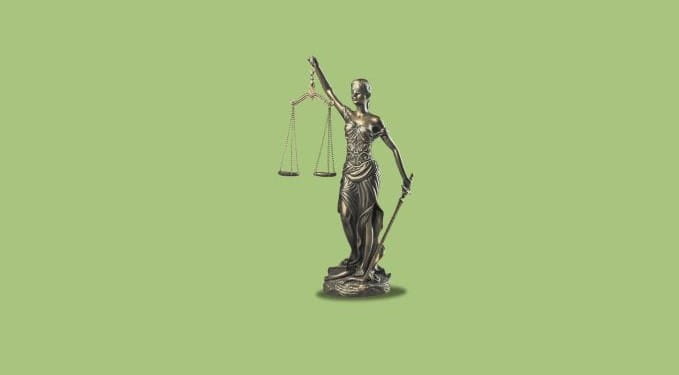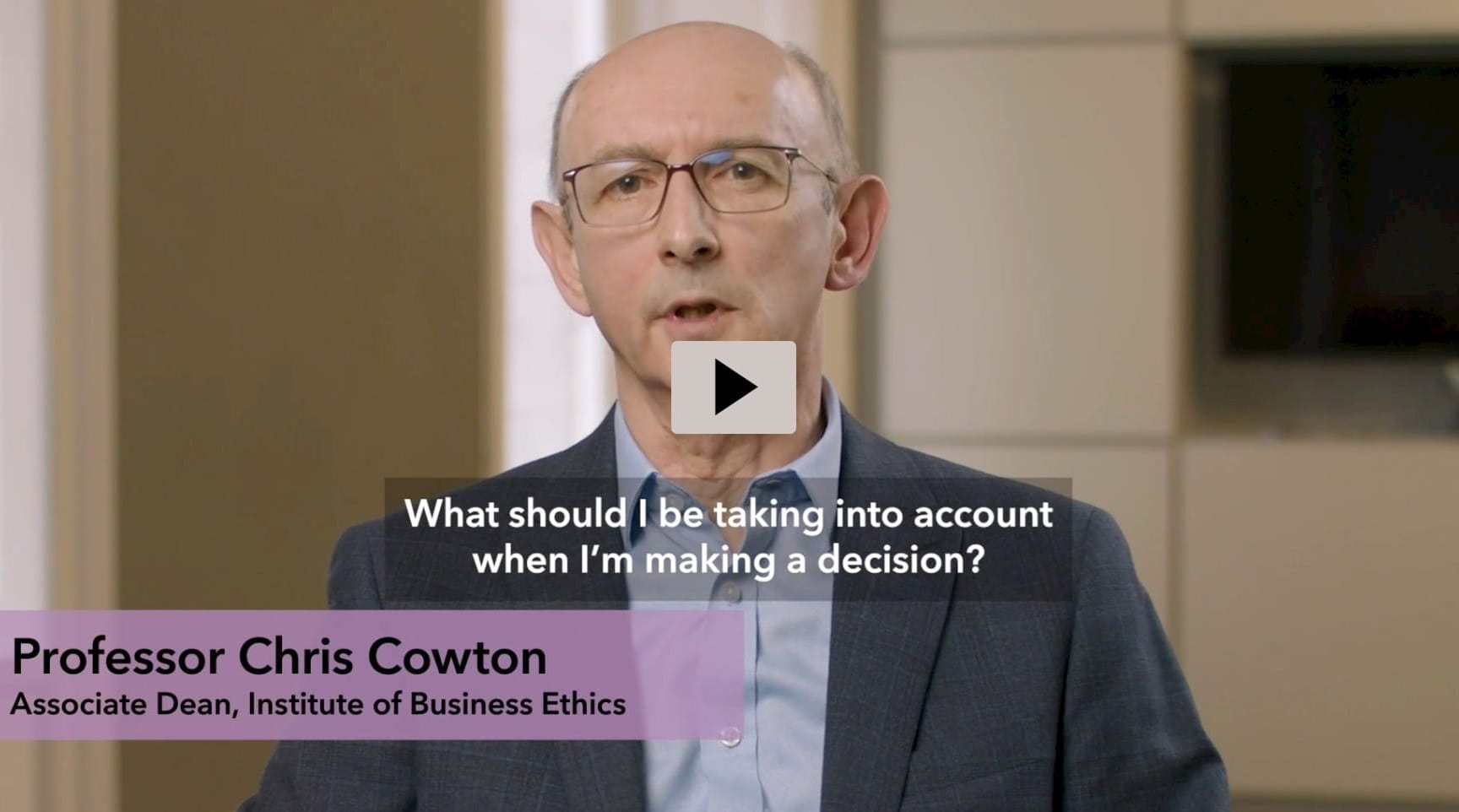In the 1970s, Ford’s crash tests of its then new Pinto car revealed a serious flaw; its petrol tank had a tendency to explode. Analysis of the defect revealed that fixing the issue would cost $11 per vehicle, but settling lawsuits would be cheaper, so the company decided not to repair the fault. It was unethical, but from a bottom-line perspective, it was the ‘smart’ decision.
This is a famous and major example of ethical fading, the psychological phenomenon that we all experience from time to time in numerous ways, both small and significant. It’s a subconscious quirk that allows our ethics and morals to fade from view when making a decision.
The term was coined by Ann Tenbrunsel, ethics professor at the Mendoza College of Business at University of Notre Dame, and her co-author David Messick.
“People think that they’re acting according to their values, but in fact they’re not,” Tenbrunsel said. “In some sense, they exist in this ethical bubble, in which they’re walking around believing that they’re this ethical person – and all of us … would fall prey to this. We really aren’t as ethical as we think that we are.”
When ethical fading does occur, we tend to rationalise it away because we want to be good people, says Dominic Hall, Global Head of Ethics for BAE Systems. “When people break the speed limit, they might say: ‘It was a dry day, there was no one else on the road, it was safe.’ The fact that they’ve broken the law is irrelevant.”
In a business environment, Hall cites the example that might occur when putting together quarterly sales figures. Say the department hasn’t hit its quarterly sales target, but it made a sale the first morning of the next quarter that would take it over the line. So it shifts dates around to put the sale in the previous quarter. It might seem like no big deal, but what happens if targets are missed in the next quarter?
“You say it’s how we’ve always done it, it’s just how things are done here, don’t worry about it. Then before you know it, you are manipulating the sales figures to get the right number each quarter. It becomes normal. It’s a slippery slope. You end up in a really bad place for arguably the right reasons.”
When ethical fading becomes a problem, it’s often in part due to organisational culture and the attitude of leadership. People are often predisposed to unquestioningly follow an authority figure, says Hall. The Solomon Asch experiment demonstrates that people also will say something they know is not true to conform with the statements of others in their group.
“They will say anything in order to stay in with the rest of the group. Once you start to build up a group of people who think in a particular way, then you can get problems.”
A lot of this is motivated by numbers and financial incentives, so the finance function can influence this aspect of company culture to reduce the prevalence of ethical fading in decision making, says Hall.
“If the rest of the business knows that once it hits the finance department, finance will say, ‘we can’t do this, this isn’t how we operate as a business’, they’re less likely to act in unethical ways. It’s taking the long-term perspective. I think that’s the role of the accountant.”
Most major scandals in business happen in part because somebody did something that wasn’t right, then others either overlooked, amplified or copied the mistake, explains Rachael Saunders, Deputy Director of the Institute for Business Ethics (IBE). She cites Carillion as an example of this.
“It was partly poor corporate governance, partly big structural issues, but every day, individuals were not following proper processes. It only takes one to do the wrong thing, to cut that corner or to take that wrong opportunity, and it can quickly become your normal way of acting. More problematically, others copy you or let you get on with it. Not challenging something is a form of ethical fading, as you’re taking the easier path.”
Leaders need to be seen to make challenging decisions, following through with them, and holding themselves and their teams to account for their decision making, Saunders says. Being open to challenge is important, as is enforcing the right checks and balances, and offering support for staff to enable them to make better decisions.
“It’s also about having simple tools like decision-making models; a set of questions that you can ask yourself if you have an ethical dilemma. For example: what would my family and friends think? Would you be happy to justify this to somebody else whose opinion you valued? Would it be OK if everybody did it? Quite often in cases of ethical fading, we justify it as a one-off, but we shouldn’t consider it a one-off.”
Stitching ethics into culture involves several elements, says Saunders. At board levels, it could be dashboards focused on metrics relating to ethics, such as speak-up reports, employee engagement, etc. “Think about what’s most relevant to your organisation.”
Training is also really important, because it gives people the skills they need to do their job well and be clear about the right thing to do from the start. It helps ensure that people know what tools and support are available to them. “Having a regular training programme – at least annually – means that ethical fading is harder. You’re being nudged and prompted all the time, and you’re getting the message from your organisation that this is important, and that it matters.”
It is also worth considering communications roles such as ethics ambassadors to provide additional support and guidance across the organisation. “It reminds people that it’s not just lip service, that it really does matter to your organisation that people identify challenges, make the right choices and see them through, and that you’ll be actively supported and encouraged in doing that.”
It’s critical that leaders and managers are seen to walk the talk. Trust and faith in leadership is paramount, says Saunders. “You can have brilliant ethics programming in place, but it’s undermined if people don’t have real faith in their leaders.”
The CFO is the holder of enormous amounts of information that both the board and their peers as leaders need to be aware of and be able to act on. Because the finance function works with everybody, they’re in a unique position to identify challenges and influence the behaviour of the wider organisation, says Saunders.
“Very few people go to work with poor intent. Almost all unethical practice comes from a place where the person knew the right thing to do, but turned a blind eye or rationalised their behaviour. Businesses need to mitigate that with the policies and practice in place to prompt people repeatedly to remember the right thing. Accountants are well placed to help with that.”
Global Ethics Day
Global Ethics Day 2024 focused on using the power of ethics to build a better world. ICAEW examined the vital role ethics must play in the use of technology in accountancy.




